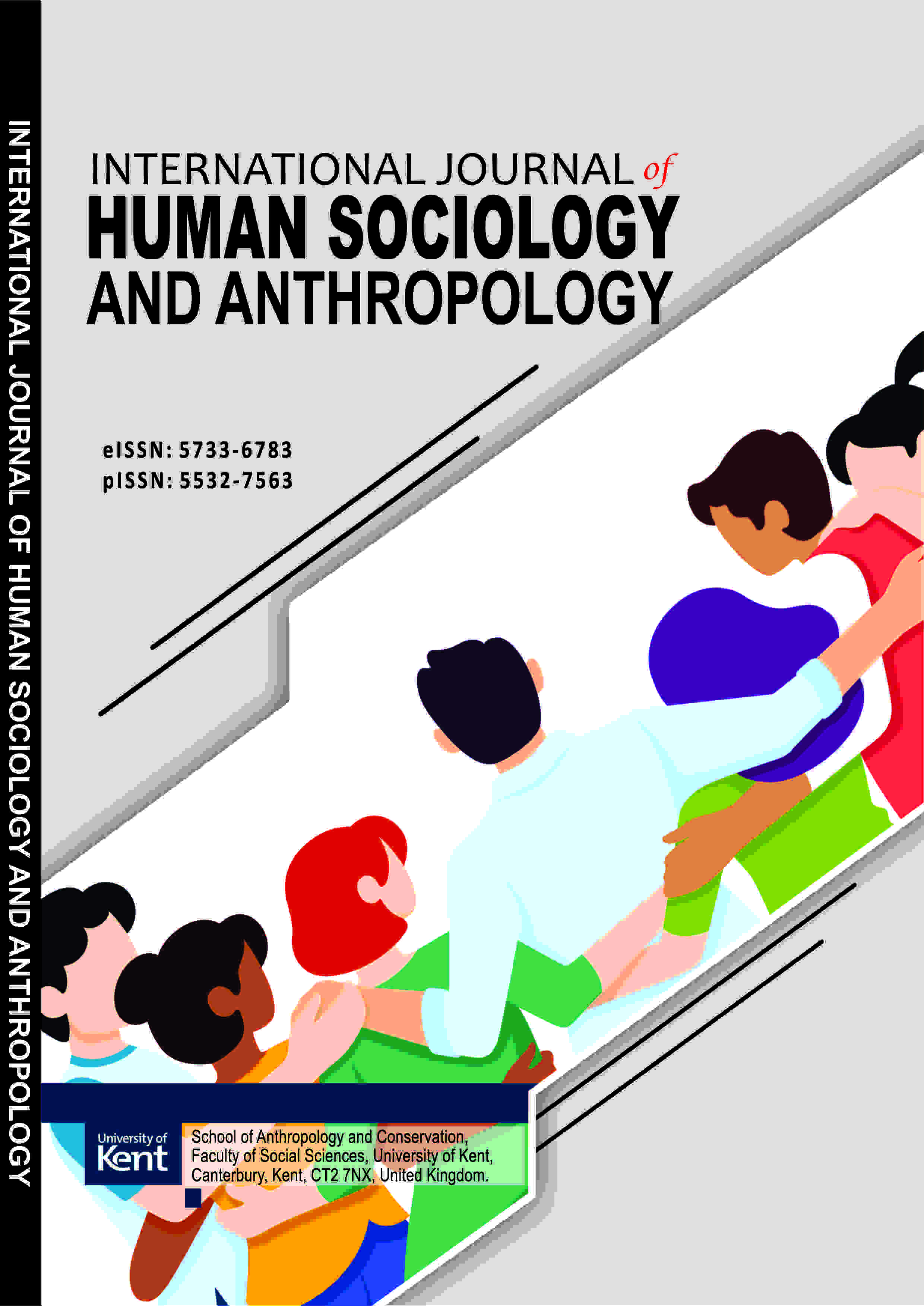INTERNATIONAL JOURNAL FOR HUMAN SOCIOLOGY AND ANTHROPOLOGY (IJHSA)
EFFECTIVENESS OF EVALUATIONS IN SOUTH AFRICA ORGANISATIONS
E-ISSN: 5733-6783
P-ISSN: 5532-7563
DOI: https://iigdpublishers.com/article/328
This article seeks to investigate the effectiveness of evaluations in organizations. Evaluations contribute to the improvement of public policy interventions and expenditure programs by providing evidence-based assessments of their relevance and performance. Evaluations also serve to strengthen accountability by providing reliable information on progress in the achievement of public objectives to stakeholders, often identifying the key factors driving success or failure. Moreover, evaluation is potent tools that assist organizations striving for a highly competitive world. It also provides quality control to support one’s efforts and ensures that time, money, and resources are well spent. The more evaluation approaches become ingrained in our culture, the more chances there are to use evaluation to improve the effectiveness and efficiency of services, systems, and programs. The research study adopted “the Preferred Reporting Items for Systematic reviews and Meta-Analyses (PRISMA)”, as an item checklist, which filters relevant information using the four criteria, namely, identification, screening, eligibility, and inclusion. PRISMA collects and analyzes data from the studies that were included in the review and employs statistical and methodical methods to identify and evaluate relevant research. The findings revealed that evaluation is an important source for communication, and marketing efforts and produces results for decision-making. Evaluation becomes a tool and resource to provide organizations with direction and guides strategic decisions. Furthermore, it helps to build a culture of learning within organizations and promote continuous improvement. It is recommended that this will happen through the provision of
evidence-based feedback and recommendations; hence evaluation encourages program managers and implementers to reflect on their practices and processes, and also identify opportunities for growth and development.
Gcobani Mkwela
Alkin, M. C. (1970). Evaluation Theory Development. Evaluation of Short-Term
Training in Rehabilitation, 9-16.
Babbie, E. & Mouton, J. (2015). The Practice of Social Research. Republic of South Africa: Oxford University Press.
Babbie, Earl, & Johann, Mouton. (2001). The Practice of Social Research. Cape Town: Oxford University Press.
Beeby, S.T. (2007). Strategy for Evaluation Education Programmes (mineo). A paper presented at the Nigeria Educational Research Council (NERC) Inter – Departmental Seminar, Lagos.
Brousselle, A. & McDavid, J. (2020). Evaluators in the Anthropocene. Evaluation: The International Journal of Theory, Research and Practice 26(2): 190–204.
